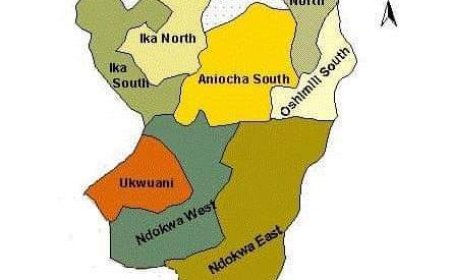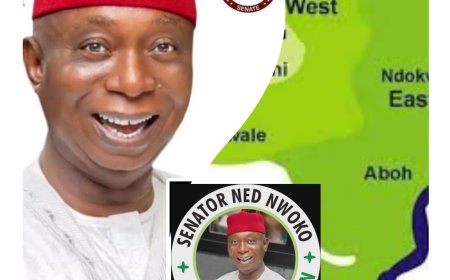THE ROLE OF LEADERSHIP IN A COMMUNITY THAT NEEDS DEVELOPMENT
By Comr Chukwumah timothy NPIDI INTERIM PRESIDENT

Leadership plays a pivotal role in shaping the progress, unity, and prosperity of any community—especially one that is in dire need of development. In such contexts, leadership is not just about holding a position; it is about taking responsibility, inspiring action, and delivering tangible results. Below are key roles leadership must play in a developing community:
1. VISION SETTING AND DIRECTION
A good leader must have a clear vision for the community. This vision should reflect the collective needs, aspirations, and potentials of the people. The leader must:
Identify development priorities (infrastructure, education, healthcare, employment).
Set short and long-term goals.
Develop strategic plans to achieve them.
2. MOBILIZATION OF RESOURCES
Development requires resources—human, financial, and material. A proactive leader:
Connects the community to external support (government, NGOs, investors).
Encourages local resource mobilization through community participation.
Ensures transparency in resource management.
3. ADVOCACY AND REPRESENTATION
Communities that need development often lack strong voices in higher government or external platforms. A leader must:
Advocate for the rights and needs of the people.
Represent the community in decision-making platforms.
Build relationships with stakeholders that can bring development.
4. INSPIRATION AND MOTIVATION
A good leader inspires hope and action in the people, especially when the community faces neglect, poverty, or internal divisions. This includes:
Encouraging unity and cooperation.
Leading by example in service and sacrifice.
Creating an environment where everyone feels empowered to contribute.
5. BUILDING INSTITUTIONS AND SYSTEMS
Development is sustained by strong institutions, not just individuals. Leadership should:
Strengthen local governance structures (village councils, town unions, etc.).
Encourage rule of law and accountability.
Promote fair leadership succession processes.
6. ACCOUNTABILITY AND TRANSPARENCY
Nothing slows development like corruption and selfish governance. Leadership must:
Practice openness in decision-making and financial dealings.
Set up feedback mechanisms (e.g., town halls, suggestion boxes).
Accept constructive criticism and be responsive to the people.
7. CONFLICT RESOLUTION AND PEACE BUILDING
Communities needing development are often marred by internal conflicts or political tensions. Leadership must:
Mediate disputes fairly.
Promote inclusive governance where all groups are represented.
Prevent divisiveness and tribal/political marginalization.
8. EDUCATION AND YOUTH EMPOWERMENT
A community without empowered youth cannot develop. Leaders must:
Promote educational opportunities.
Create platforms for skills acquisition.
Mentor young people into leadership roles.
9. PARTNERSHIP AND COLLABORATION
No leader develops a community alone. There is need for:
Partnering with local businesses, diaspora communities, and development agencies.
Working with other leaders in the region for joint initiatives.
Encouraging community-based organizations and cooperatives.
CONCLUSION
In a developing community, leadership is the engine of transformation. Without visionary, committed, and people-centered leaders, no amount of resources or external support will bring lasting progress. It is therefore crucial for communities to choose leaders not based on sentiment, but based on their character, capacity, and willingness to serve .
What's Your Reaction?










































